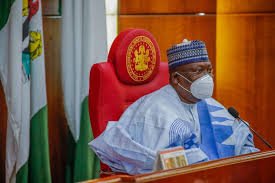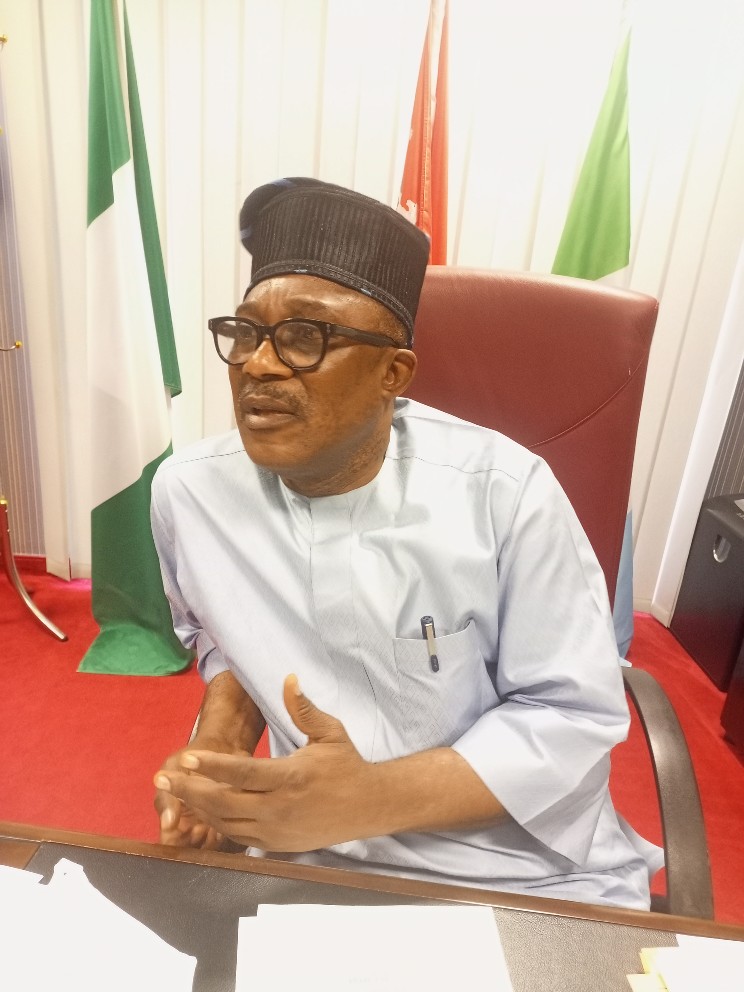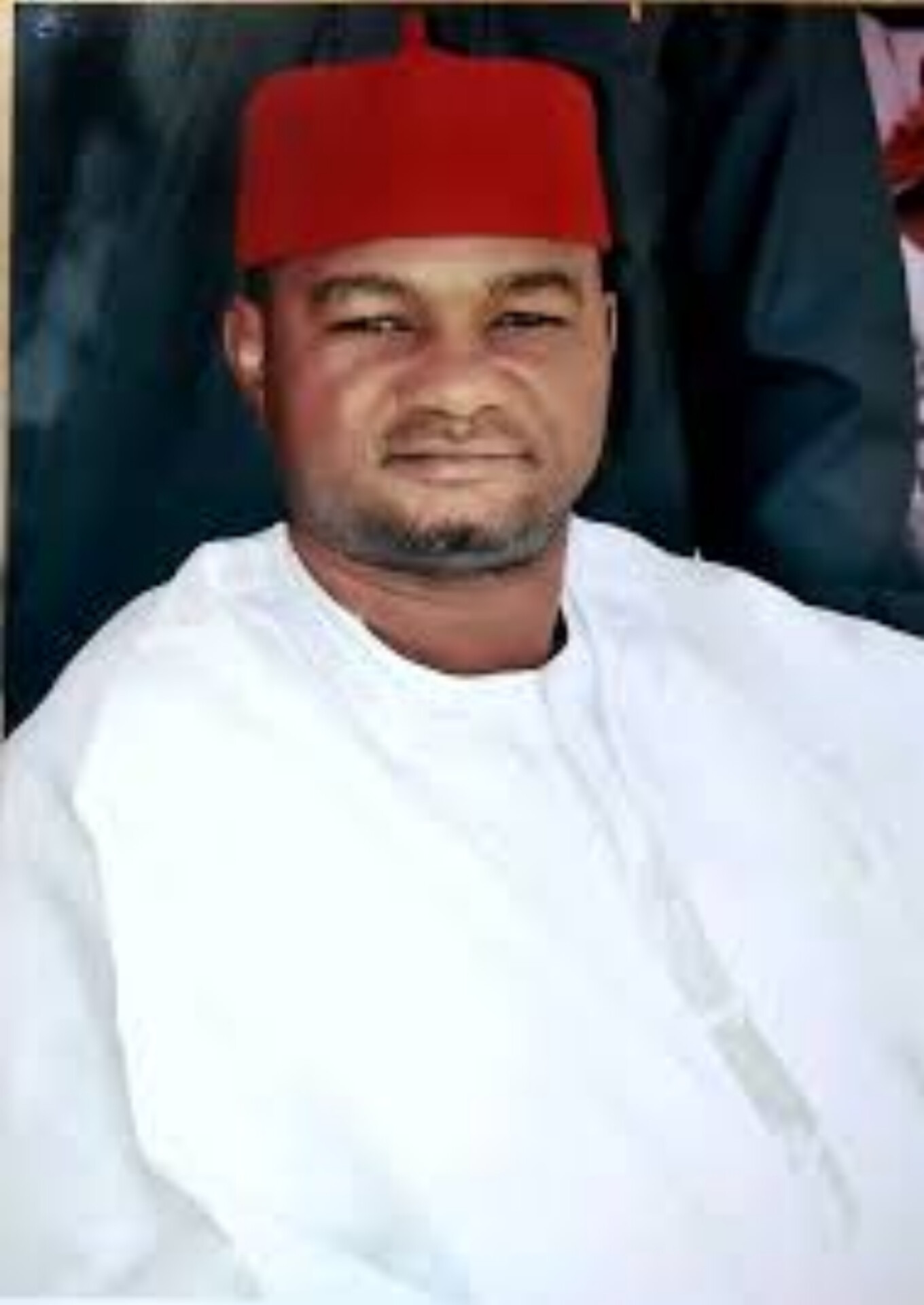The President of the Senate, Ahmad Lawan on Tuesday met with heads of regulatory agencies in education sector to stem the tide in a brewing tension acasioned by an alleged plan raise the registration fees in some tertiary Institutions.
The agencies that graced the meeting were the Executive Secretary of the National University Commission(NUC), Professor Abubakar Rasheed, Executive Secretary of the National Commission for Colleges of Education(NCCE), Professor Paulinus Chijoke Okwelle and Hajia Bilkisu Salihijo Ahmad representing the National Board for Technical Education( NBTE).
In his opening remarks, the Senate President told his guests that he convened the meeting as a follow-up to an earlier engagement which he had last week with the Coalition of Northern Groups – Students’ Wing which brought a complaint of a plan by some tertiary institutions to hike registration fees.

“We felt that we actually owe it a duty to listen to our students and of course also hear from you because we need to establish beyond reasonable doubt what the situation is,” Lawan said.
The Senate President cautioned that “whatever situations we find ourselves, we must not do anything that will jeopardise the position of our students particularly at a time that is so difficult.
“We understand that our tertiary Institutions have need for more resources but we equally understand that our students are mostly from very poor background and we must do everything possible to protect those who are so vulnerable.
“The finances for their education must never be hurdles between them and actualising their dreams. So we have to find out how this situation is and we take the appropriate measures.
“Because you represent the supervising bodies for our tertiary Institutions, we felt that we should start with you, listen to you and then we can now find a way out of this.”
He assured the students that the National Assembly and indeed the government would always work to protect and support them to continue with their education.
Responding on behalf of his other colleagues, the NUC Executive Secretary, Professor Rasheed commended the Senate President for his timely intervention.
“Your concern is shared by all of us. It will, at this point, be difficult to know exactly which Universities are violating or not. But after this meeting, we shall consult all the Universities with a template to complete and tell us exactly what charges they have.
“We shall advertise. If we are misled, we shall be able to get to know. We understand that the Universities cannot be forced to charge uniform fees across the country because they have different demands and they come from different situations.
“Possibly a University in Lagos or Port harcourt may charge slightly more than Universities in some rural areas. But there should be a base line.
“One University cannot charge 20,000 naira while the other charges 150,000 naira to Nigerian students where tuition has been free since 1978 at the undergraduate level.
“We are happy that you have now raised this alarm on time and I will go back immediately, consult Vice Chancellors and if possible we shall bring them to a meeting to discuss whatever resolution we arrive at, at the end of this meeting,” Professor Rasheed said




